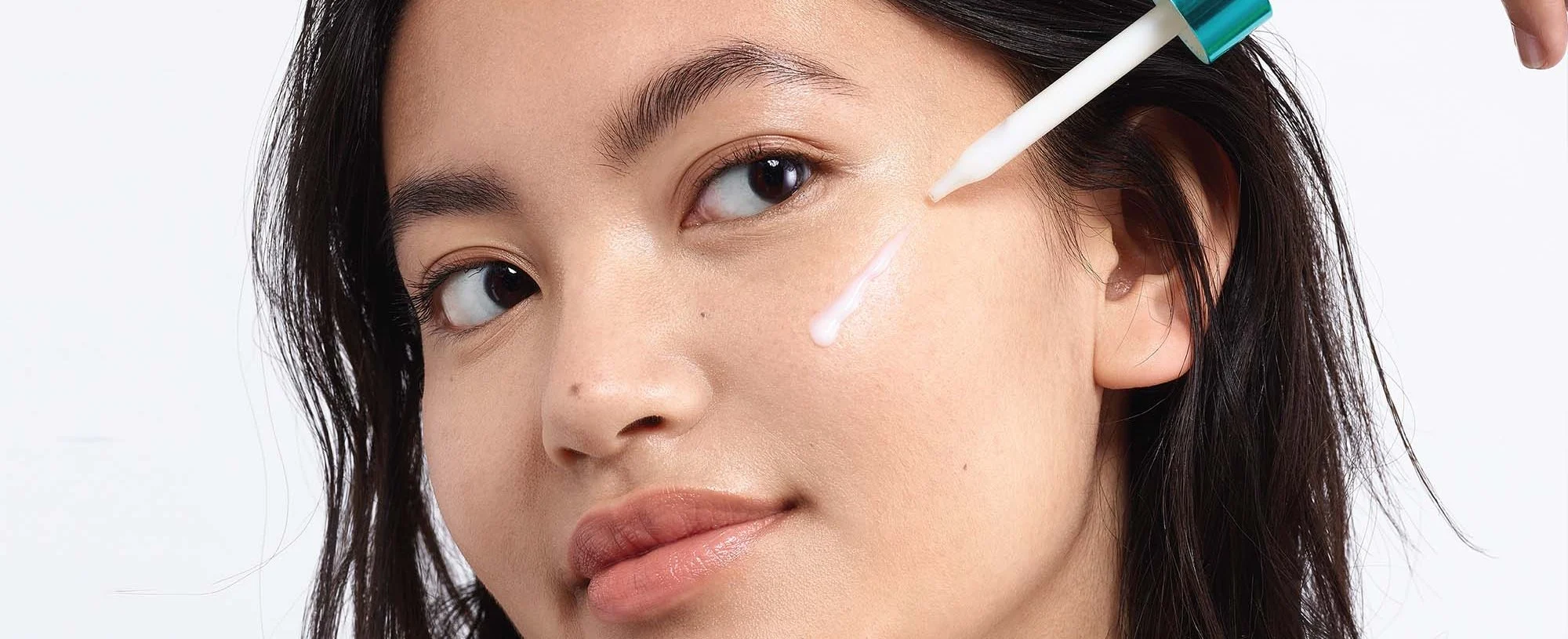Dark spots, also known as hyperpigmentation, can occur for various reasons, including sun exposure, hormonal changes, aging, and acne scars.
While dark spots are common, they can be bothersome and affect your confidence. Fortunately, there are several skincare strategies and treatments that can help fade dark spots and even out your skin tone.
By incorporating these effective skincare tips into your routine, you can reduce the appearance of dark spots and achieve a clearer, more radiant complexion. Here are some tips for treating dark spots:
Sun Protection:
Sun exposure is one of the primary causes of dark spots, so protecting your skin from the sun’s harmful UV rays is essential for preventing further hyperpigmentation.
Apply a broad-spectrum sunscreen with an SPF of 30 or higher to your face and other exposed areas of skin every day, even on cloudy days. Reapply sunscreen every two hours, or more often if you’re swimming or sweating.
Use Brightening Ingredients:
Look for skincare products that contain brightening ingredients such as vitamin C, niacinamide, alpha hydroxy acids (AHAs) like glycolic acid and lactic acid, and kojic acid.
These ingredients can help fade dark spots, even out your skin tone, and promote cell turnover for brighter, more radiant skin.
Incorporate products containing these ingredients into your skincare routine, such as serums, creams, or toners.
Exfoliate Regularly:
Exfoliation helps remove dead skin cells from the surface of your skin, which can help fade dark spots and improve skin texture.
Use a gentle exfoliating scrub or chemical exfoliant containing AHAs or BHAs (beta hydroxy acids) to slough away dead skin cells and reveal brighter, smoother skin underneath. Limit exfoliation to 2-3 times per week to avoid irritating your skin.
Apply Topical Treatments:
There are several over-the-counter and prescription topical treatments available that can help fade dark spots and improve skin tone.
Ingredients such as hydroquinone, retinoids, azelaic acid, and licorice extract are commonly used in these treatments to target hyperpigmentation and promote skin renewal.
Consult a dermatologist to determine the most suitable topical treatment for your skin type and concerns.
Consider Professional Treatments:
In addition to at-home skincare products, there are several professional treatments available that can help fade dark spots and improve skin tone.
These treatments include chemical peels, microdermabrasion, laser therapy, and intense pulsed light (IPL) therapy.
These procedures work by removing the outer layers of skin, stimulating collagen production, and targeting melanin production to reduce hyperpigmentation.
Consult a dermatologist or skincare professional to discuss which treatment option is best for you.
Be Patient and Consistent:
Treating dark spots takes time and patience, so it’s important to be consistent with your skincare routine and give your skin time to respond to treatment.
Stick to your skincare regimen and follow the instructions provided by your dermatologist or skincare professional.
Results may not be immediate, but with continued use of effective treatments, you should start to see improvement in the appearance of your dark spots over time.
Protect Your Skin During Healing:
While treating dark spots, it’s crucial to protect your skin from further damage and irritation. Avoid picking or scratching at your skin, as this can worsen hyperpigmentation and lead to scarring.
Be gentle when applying skincare products and avoid using harsh or abrasive ingredients that can irritate your skin.
Wear protective clothing, such as wide-brimmed hats and sunglasses, and seek shade whenever possible to prevent sun exposure.
Maintain a Healthy Lifestyle:
A healthy lifestyle can also contribute to clearer, more radiant skin. Eat a balanced diet rich in fruits, vegetables, whole grains, and lean proteins, and drink plenty of water to stay hydrated.
Get regular exercise, manage stress levels, and get enough sleep to support overall skin health and reduce inflammation that can contribute to dark spots.
Conclusion
Dark spots can be a common concern, but with the right skincare routine and treatments, you can effectively reduce their appearance and achieve a clearer, more even complexion.
By incorporating sun protection, brightening ingredients, exfoliation, topical treatments, and professional procedures into your skincare routine, you can fade dark spots and reveal brighter, more radiant skin.
Be patient, consistent, and gentle with your skin, and consult a dermatologist or skincare professional for personalized advice and treatment options. With dedication and proper care, you can achieve the clear, glowing skin you desire.
